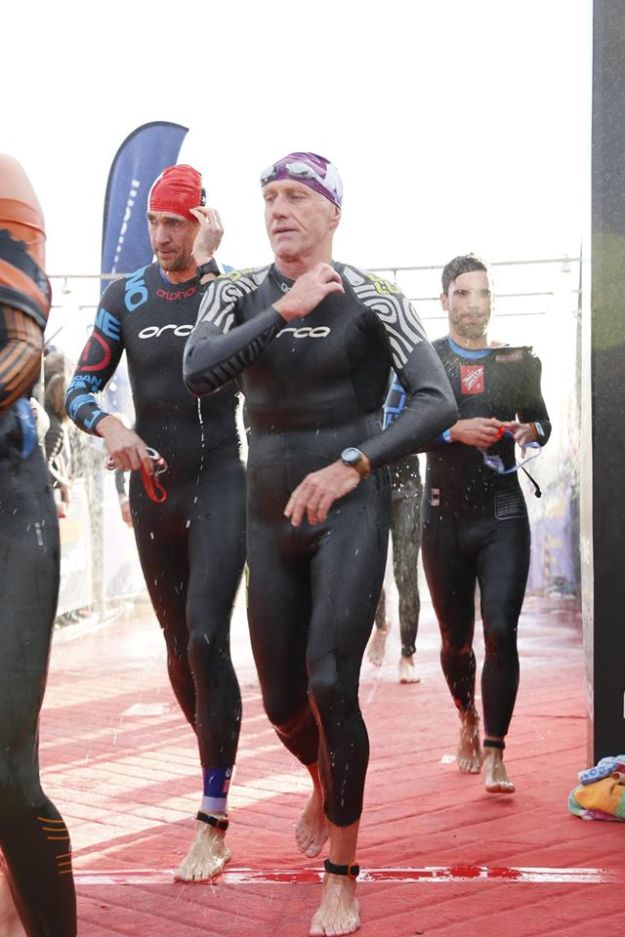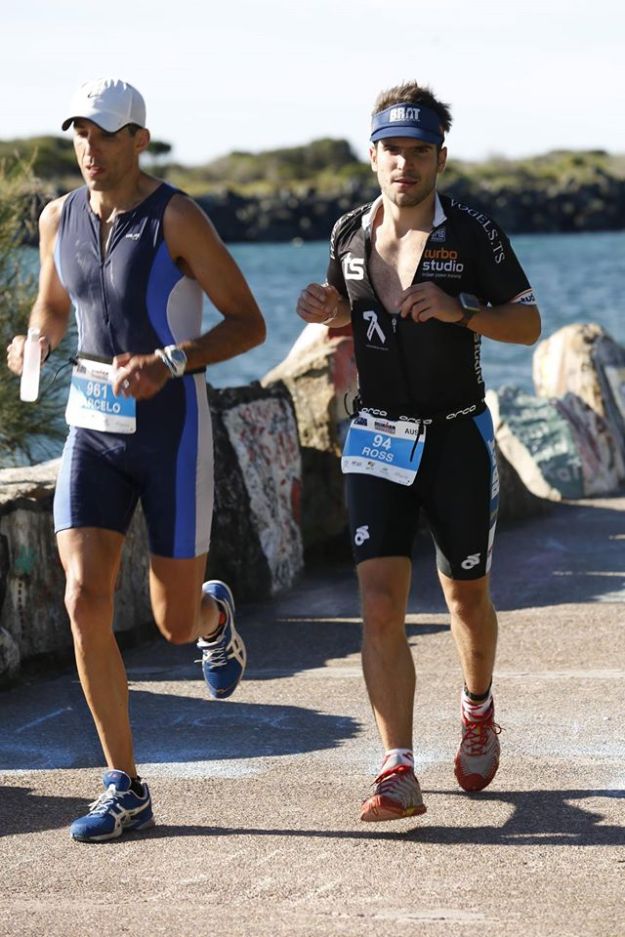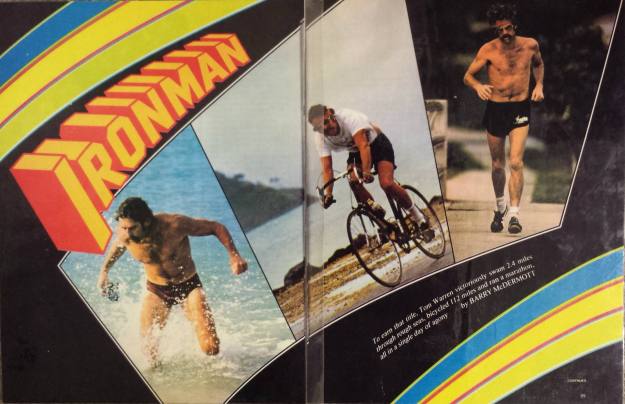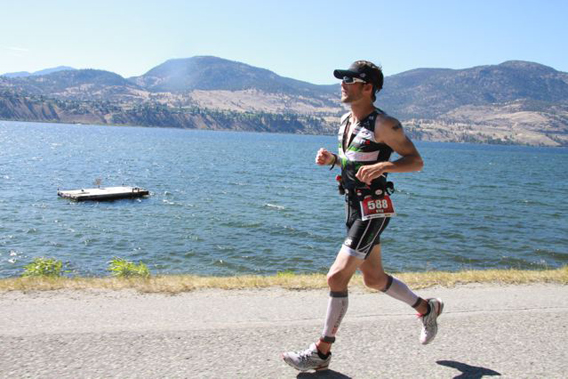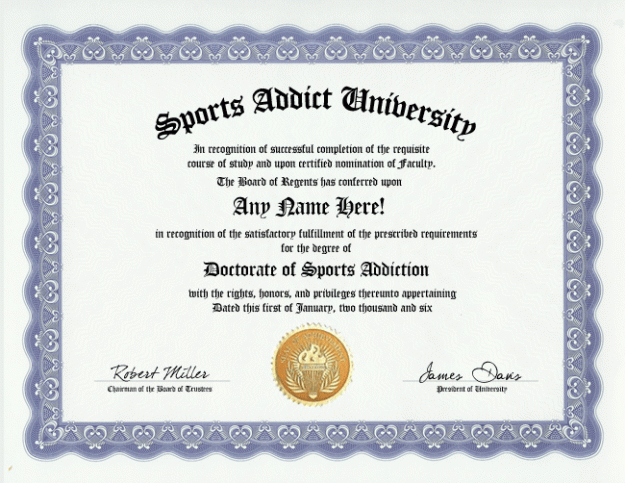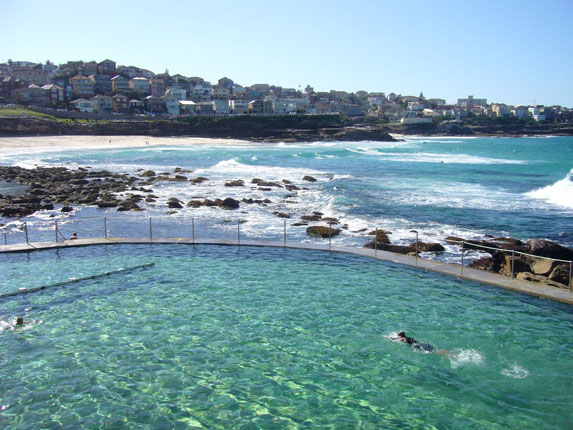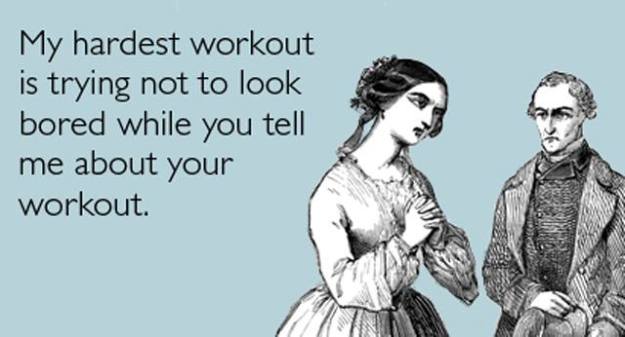Luckily I didn’t leave writing this report until now, because two months down the line I am definitely looking back at the whole experience through rose tinted glasses.
The week following the race I was sitting on the bus and decided to drop my Mum an email about the big day, which I have posted here for anyone who fancies a read:
‘And in terms of the race, the weeks before I was quite tense and stressed because even if I wouldn’t admit it, I was worried about times and beating people. But the closer it came to it, my focus naturally shifted to just focusing on enjoying it as much as possible.
I decided to view it as the reward for all my hard work rather than something to beat myself up over.
Had some dramas before the race even started. You have to pack the transition bags the day before, and have no access to them on race morning. So put my bag in, got home, and saw my cycling top sitting on top of my bag. Fail. But Holly and I crafted a plan to stuff it into a repair kit bag and attach it to my bike which worked a charm.
Was really relaxed before the swim, super chatty, and wasn’t really thinking about what I was just about to do.
The swim had a staggered start, meaning the field was a lot more spread out than NZ. I made sure I just focused on being relaxed, and finding some of my own space to swim in. The course was a bit of a zig zag, so I definitely swam further than I needed to because my goggles steamed up and I was swimming a bit blind until I could sort them. Also had my goggles knocked off my face, and took on a bit of sea water, but nothing to stress overly about.
Got out the swim in 63 mins which was much better than I could have hoped considering I hadn’t done much swimming the weeks before.
Heading out onto the bike knew it was going to be tough as the course is one of the harder ones anyway, and they had predicted some serious winds. Word on the street is the wind was 30/40km per hour, and gusts up to 80. How true that was I have no idea.
Much like the swim decided to start easy and then build into it. Course was two laps, with a MEAN hill at 80 and 170k that loads of people had to get off and push their bikes up.
I ended up having to push much harder than I wanted to given the wind, which meant I still had a reasonably good bike, but knew full well I would pay for it on the run. Nailed the hill both times.
Also, with the nutrition, I had planned to do a gel every 30, salt tablet ever hour and some bananas here and there, but the salt went out the window when I took my first one and my stomach started to gurgle at me. Decided to risk cramps over sh*tting myself. I would regret that later.
Got off the bike smiling but knowing that the furthest I had ever run was 26km, and that was ages ago, and that I was pretty tired after smashing myself on the bike.
When I started running my watch was reading 4mins per km, and I felt like I was doing an easy jog, to the extent I thought my watch was broken. Luckily I had been warned that might happen, and I slowed to what was felt like a crawl, but what was a much more respectable pace for an Ironman.
Run was four loops and then a 2km canter to the finishing chute.
First 10km felt great, did it in 55 and felt like I was keeping stuff in reserve. Lots of mates out on the run course all cheering me on.
12km is roughly where it started to go wrong. Started with twinges in my calf which caused me to slow fearing cramps and being sensitive post my calf tear. Hadn’t brought any of my salt tablets on the run, so feared the worst.
From that point on my world got increasingly small, to the extent that any outside interference, even if it was someone like Holly cheering, was met with distress as it required additional energy to respond to. I was running about 6mins a km, and would walk the aid stations and then run to the next one.
The loops were mental torture, because you had to keep shuffling past your ultimate destination which was full of people, life and colour, and back to the empty desolate extremes of the course.
At this stage I can’t really recall what happened when, but eventually I cottoned on to the fact that they were doing vegemite on ice cream sticks, which after 8+ hours of sugar not only helped with the cramps (which were bad by now) but also tasted like heaven. Was washing them down with a coke at each aid station.
Lowest point on the run was when I hit a divot and after my stumble my ENTIRE body went into cramp / spasm. I must have looked in distress because a fellow competitor called for medics. I assured him it was just cramp and that I would be fine. Walked for 20/30 meters and then carried on my shuffle.
At that stage thought there was no way I would run the last 10km, but managed to do exactly that. Before the race I wanted to go under 12 (not including the less than ideal weather conditions) but given what I was going through couldn’t even bring myself to push a button on my watch to show the total time. It was totally irrelevant.
Getting the band that signified I had finished my fourth lap was elation like I have never experienced, it was nearly over.
The finishing chute was a bit of a non event. I was so shattered I kinda just shuffled to the finish line, nearly fell over a kink in the red carpet, and mustered a brief hold of my hands above my head.
However as soon as I finished I turned into a big girls blouse. I ended up balling my eyes out on the shoulder of the woman who caught me at the finish to the extent that she gave me a kiss on the forehead.
I then went straight out and found Holly, neglecting to do my health checks and recovery bits. Cried a bit more and called you guys.
Then decided I should go get checked out and went back to medical. On my way saw my training partner of the last eight months who looked worse for wear and needed a drip. Stayed with him till his family came back for him with the car.
Holly and I then went for a Subway and took me home to bed. At least that was the plan. I got out my stuff, had a shower and then went to bed, but was so high on adrenaline I couldn’t sleep so decided to go on an adventure.
Put on my finishers tshirt and tracky bottoms and headed back to the finish line to have a beer and cheer some of the last finishers.
Finally got to bed just after 12 and was out like a light.
Next day woke up and was pretty stiff but nothing out of the ordinary. What was out the ordinary was my appetite. I’ve never known anything like it. I think I had about 7 meals plus snacks through the day.
Still can’t quite believe I did it. 100% the hardest thing I have ever done, but I’ve loved the journey, and feel like I have learnt so much about myself in the process.’


